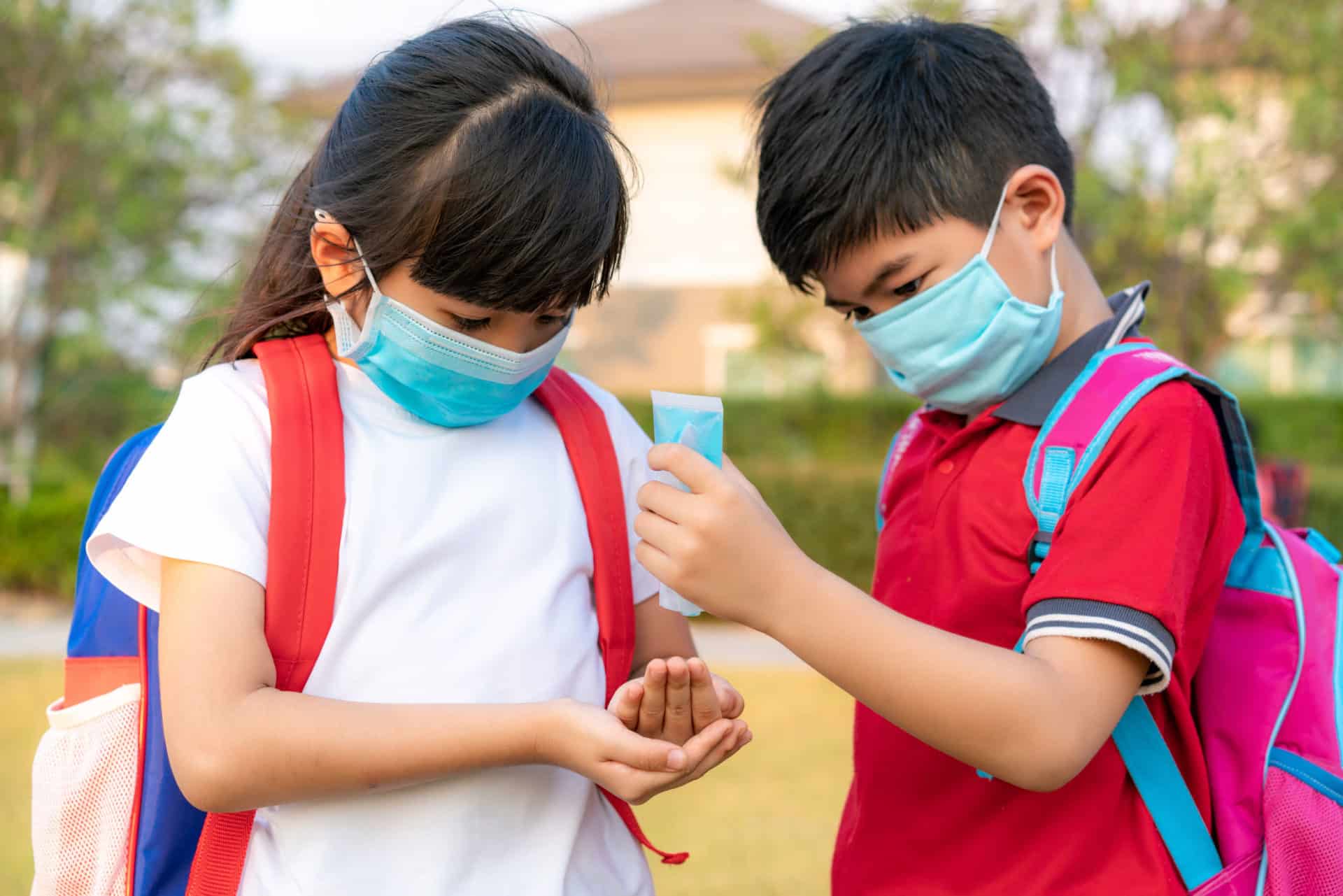Free Consultation
Free Consultation

New York schools are starting to provide plans for the fall semester. After watching the city become ravaged by the coronavirus this spring, many parents are wary about sending their kids back to school. Rightfully so.
Enclosed classrooms full of talkative children who have missed months of normal peer interaction is a recipe for transmitting the virus.
While schools are working to make the fall semester safer, not all of their plans are designed to protect the students. Some are in place to keep the schools safe from lawsuits.
Every reopening plan is a little different, and understanding how these plans are structured can help you keep your children and family healthy, safe, and legally protected.
There are three primary types of reopening plans being proposed: fully virtual, fully in-person, and hybrid learning. Each of these plans has its own benefits and drawbacks.
Depending on the district, fall school reopening plans often vary depending on age. Some schools are having all students in 6th grade and above remain fully online, while having younger students attend hybrid learning.
This is intended to help students learn most effectively while giving parents some relief from having young children constantly at home.
Most schools do plan on having extra cleaning protocols and mask requirements in place for students attending class in person. Some hybrid programs involve splitting classes in half, having only one half of the class attend in person at a time. Other hybrid programs include the opportunity to live-stream video from classes that are being taught live.
Finally, many schools are requiring families to sign COVID-19 liability waivers before sending their children to in-person classes. These waivers are designed to protect the school. Essentially, a COVID-19 liability waiver is a document waiving your right to sue if you or your child contracts the virus because of the school.
A liability waiver, at its core, is a contract where the signer gives up their right to sue if they are injured or killed for certain reasons. The signer “waives” their right to hold the organization liable for its responsibility for any potential injuries.
COVID-19 liability waivers very explicitly prevent families from holding schools liable for the consequences of an infection.
Schools understand that in-person classes lead to a significant risk for students. Liability waivers are most commonly put in place when there is a known risk that cannot be completely mitigated, like when a student participates in sports.
These waivers protect schools from families who may rightfully want to sue for damages for their child’s medical care.
If you have been presented with a COVID-19 liability waiver by your child’s school, don’t sign it blindly. It’s always wise to consult an attorney before signing a contract, especially one that reduces your rights. When the stakes are as high as they are with COVID-19 waivers, this is even more important.
If you have signed an enforceable COVID waiver, then you have given up your right to sue the school district for COVID-related injuries or deaths in most cases.
If your child contracts COVID-19 at school, treatment may result in exorbitant medical bills. The waiver prevents you from filing suit against the school to collect damages to pay for these medical bills.
It likely also prevents you from suing for emotional damages if your child dies. Essentially, an enforceable COVID-19 liability waiver makes the school legally blameless for your child’s death.
There’s some debate on how enforceable these waivers will be. For a liability waiver to be enforceable, it must be written very specifically.
Waivers cannot be overly broad, they can’t violate laws, and they must include the specific harm done in order to be upheld in court.
IF the waiver is not written correctly, then it is unlikely to be enforceable.
For those who have been sent a COVID-19 liability waiver for your child’s school year, don’t sign it without doing your research. Not every waiver is created equal. It may or may not be enforceable in a court of law.
Before you sign any waivers sent by your child’s school, reach out to an experienced New York liability attorney. You will come away with a clear understanding of what you’re signing and the risks involved, without the static interference of your school district’s agenda.